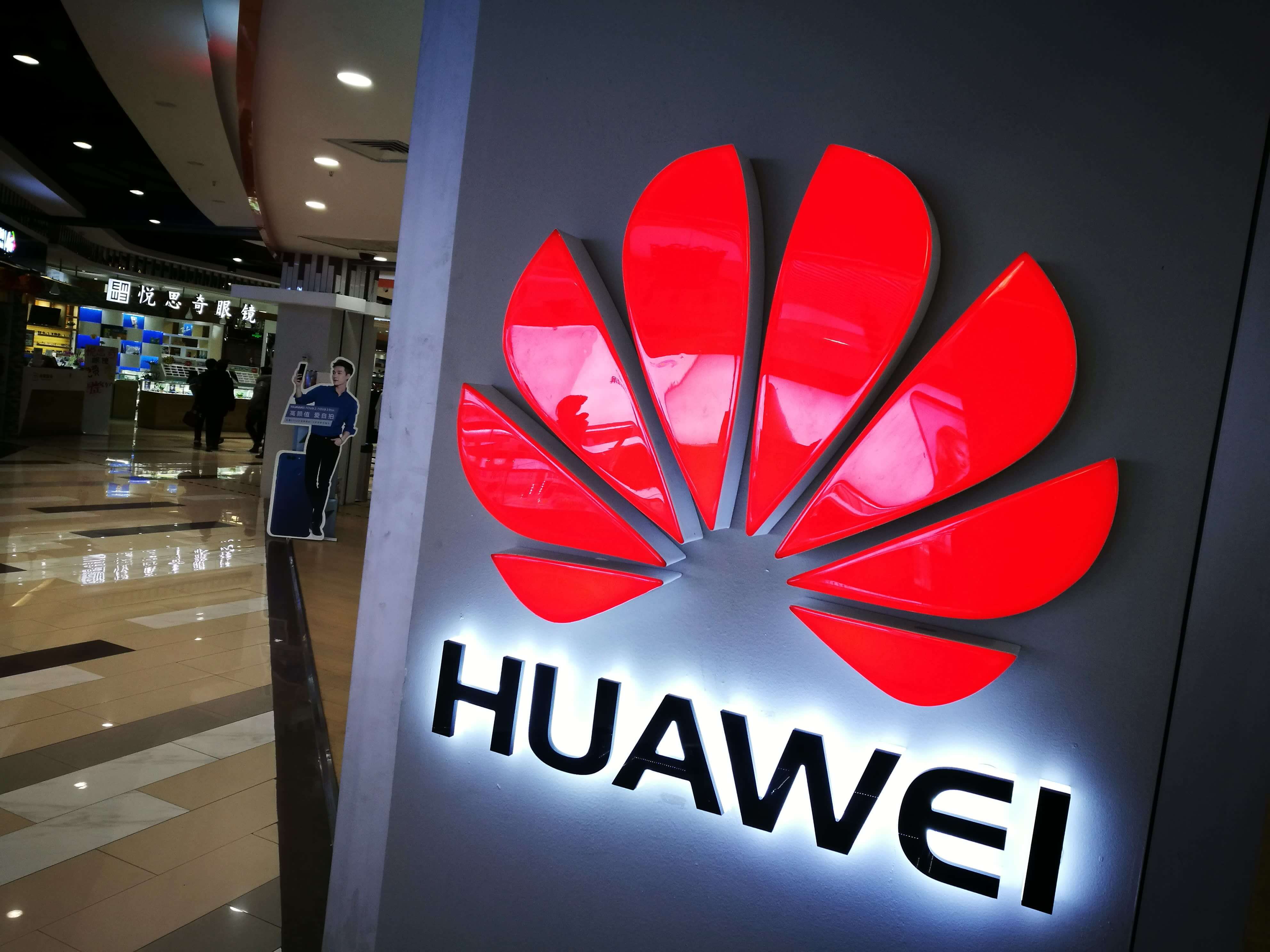In brief: Huawei breathed a sigh of relief over the weekend when President Trump said US companies could once again sell their equipment to the Chinese firm, but the US Department of Commerce is still treating the phone maker as blacklisted.
Following an emergency declaration, Huawei was added to an Entity List back in May that prevented it from doing business with US companies without a government license. It has caused numerous problems for the tech giant, and even American firms have asked the Trump administration to ease the ban, which they say will also hurt US organizations.
At the G20 summit in Japan on Saturday, it appeared that Trump was softening his stance on Huawei, "We have a lot of great companies in Silicon Valley and based in different parts of the country, that make extremely complex equipment - we're letting them sell to Huawei," he said.
But Trump's words seem to contradict what the Department of Commerce (DOC) has been told. A Reuters report reveals that staff members within the DOC have been informed that Huawei is still on the Entity List and US companies will face the "presumption of denial" when applying to sell to the firm.
Adding to the confusion was White House trade advisor Peter Navarro, who noted that the government would allow "lower tech" chip sales to the company, which don't threaten national security.
Huawei CEO Ren Zhengfei says the company will face a $30 billion loss over the next two years because of the ban, and is preparing for its smartphone sales to decline drastically in Europe as consumers fear they'll no longer be able to access Google services or receive Android updates. The company does, however, have its own OS, Hongmeng, ready for the worst-case scenario.
